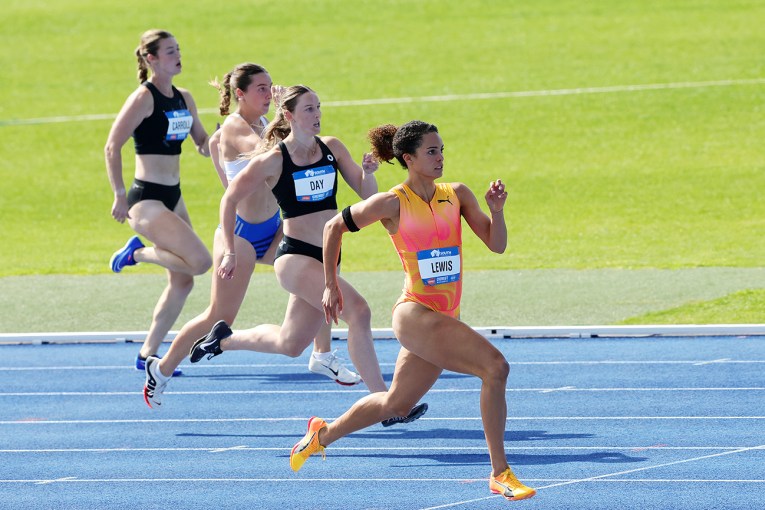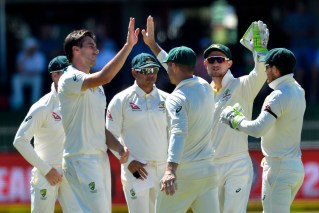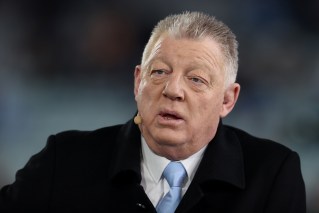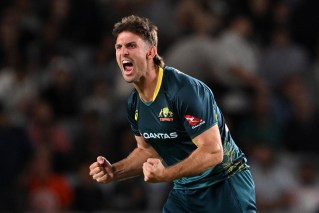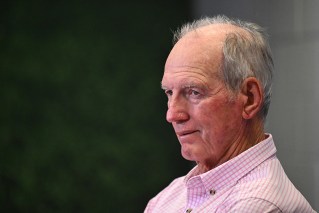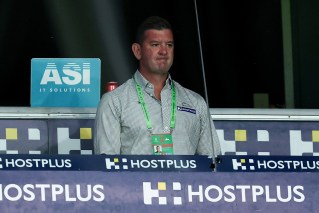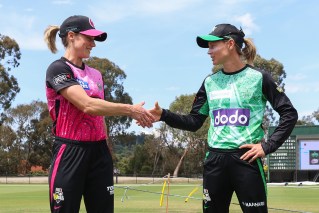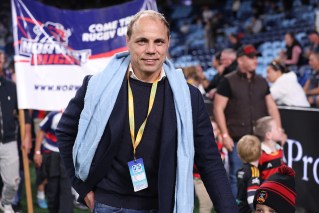How Muslim athletes handle Ramadan and performance
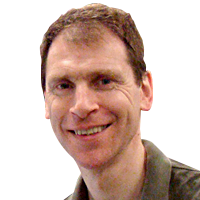
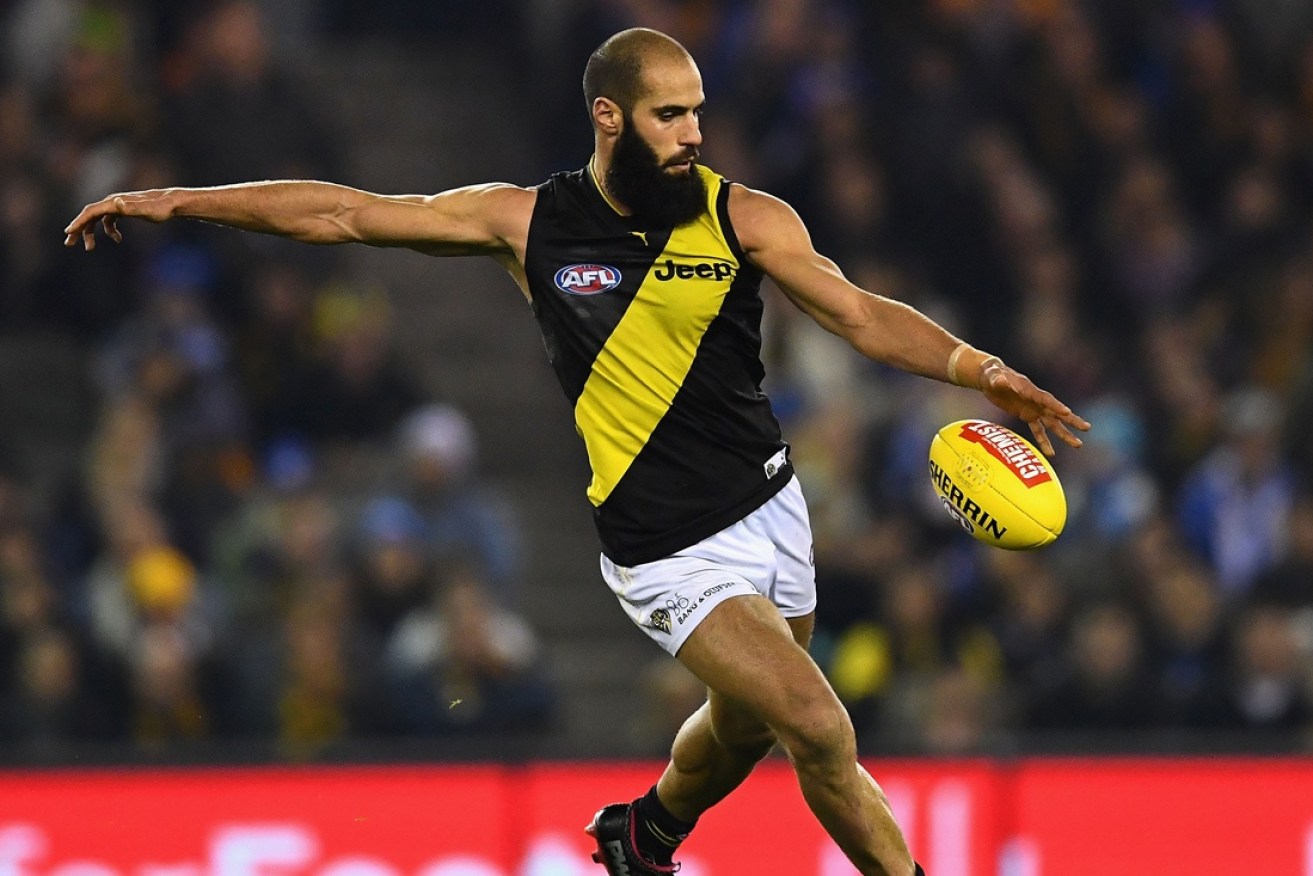
Bachar Houli's conduct off the field doesn't matter, the hearing was told before his penalty was doubled. Photo: Getty
Imagine playing sport at the highest level while not eating or drinking during daylight hours.
It is a reality for the likes of AFL players Bachar Houli and Adam Saad for an entire month in the middle of their season.
The holy month of Ramadan, the ninth month on the Islamic calendar, is a period of prayer, fasting, charity giving and self-accountability.
This year, it started on May 26 and will end on the evening of Saturday June 24.
For Houli, Saad, Hisham Kerbatieh and the other Muslims who play sport for a job, the commitment to their faith adds an extra level of dedication and willpower to an already highly demanding career.
They wake at 4.30am in the Australian winter to eat and drink before the sun rises, trying to give their bodies the fuel they need to get them through a day, whether that includes training – or a game.
“Playing footy while fasting is not easy, but you have to do it. It’s a month that you feel better for,” Kerbatieh, who plays for Coburg in the VFL, told The New Daily.
The 20-year-old says he spoke to Richmond defender Houli about playing during Ramadan as he was coming up through the ranks.
“He gave me great advice,” he said. “It’s a time where he tests himself and that’s why he’s a great athlete.”
Kerbatieh says Ramadan is about commitment and discipline, and playing high-level sport while fasting is more of a mental test than a physical one.
For his part, Houli has become a standard bearer not only for Muslims playing sport, but for the broader community.
“It’s a way to excel and become better as a person, and a better person that’s connected with God, and hopefully for the rest of the year I can be that better person,” Houli told SBS World News when discussing Ramadan earlier this month.
Managing their daily intake of food and water is crucial and Richmond Football Club dietitian Kylie Andrew says that Muslim athletes are very good at eating the right sorts of foods.
“They’ll ensure that before sunrise they have a good breakfast to get them through the day and then they have a good meal after sunset, including carbs, protein and vegetables,” Andrew told The New Daily.

Gold Coast’s Adam Saad also observes Ramadan. Photo: Getty
“It’s really about making sure they’ve got enough carbohydrates on board.
“They’re quite used to going without water during the day [but] they have to be really clever about when they’re getting their fluids in so that they’re not constantly walking around in a dehydrated state.
“[But] dehydration has some negative impacts on performance and certainly they wouldn’t be feeling too flash after a game.”
Andrew says the main issue for Houli and other Muslim athletes fasting during Ramadan is their delayed recovery from training sessions and matches, due to their irregular food intake.
Houli says one plus for him is slight weight loss, around 1-1.5 kilograms.
“I generally feel nice and light. In terms of energy levels, nothing changes,” he added.
Saad believes that the extra effort he puts in to maintain his athletic performance during Ramadan helps his overall focus.
“I have to be really organised and on top of everything so I think it really has put me in good stead,” he said this week.
A weekday in the life of a Ramadan-observing footballer in Melbourne
4.30am: Wake up
4.45am: Start breakfast (toast, cereal, fruit, smoothies, etc)
6.00am: Finish eating before dawn prayer
7.30am: Sunrise prayer
10.00am: Training
12.20pm: Pray
1.00pm: Afternoon nap
2.50pm: Pray
5.10pm: Sunset prayer
5.30pm: Iftar (the fast-breaking meal)
6.30pm: Pray
7.00pm: Individual gym training session
8.00pm: More food and drink
9.30pm: Bed
